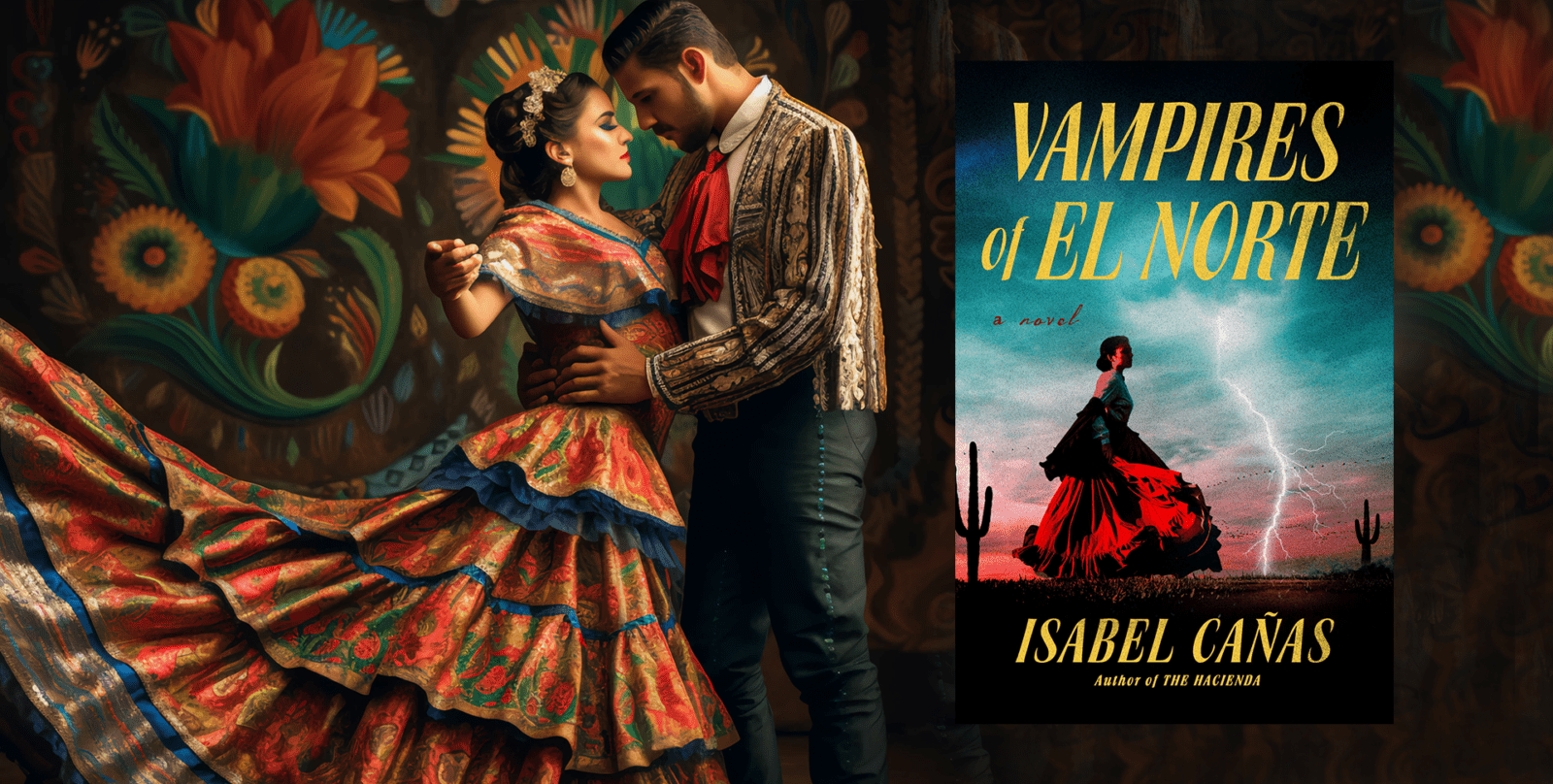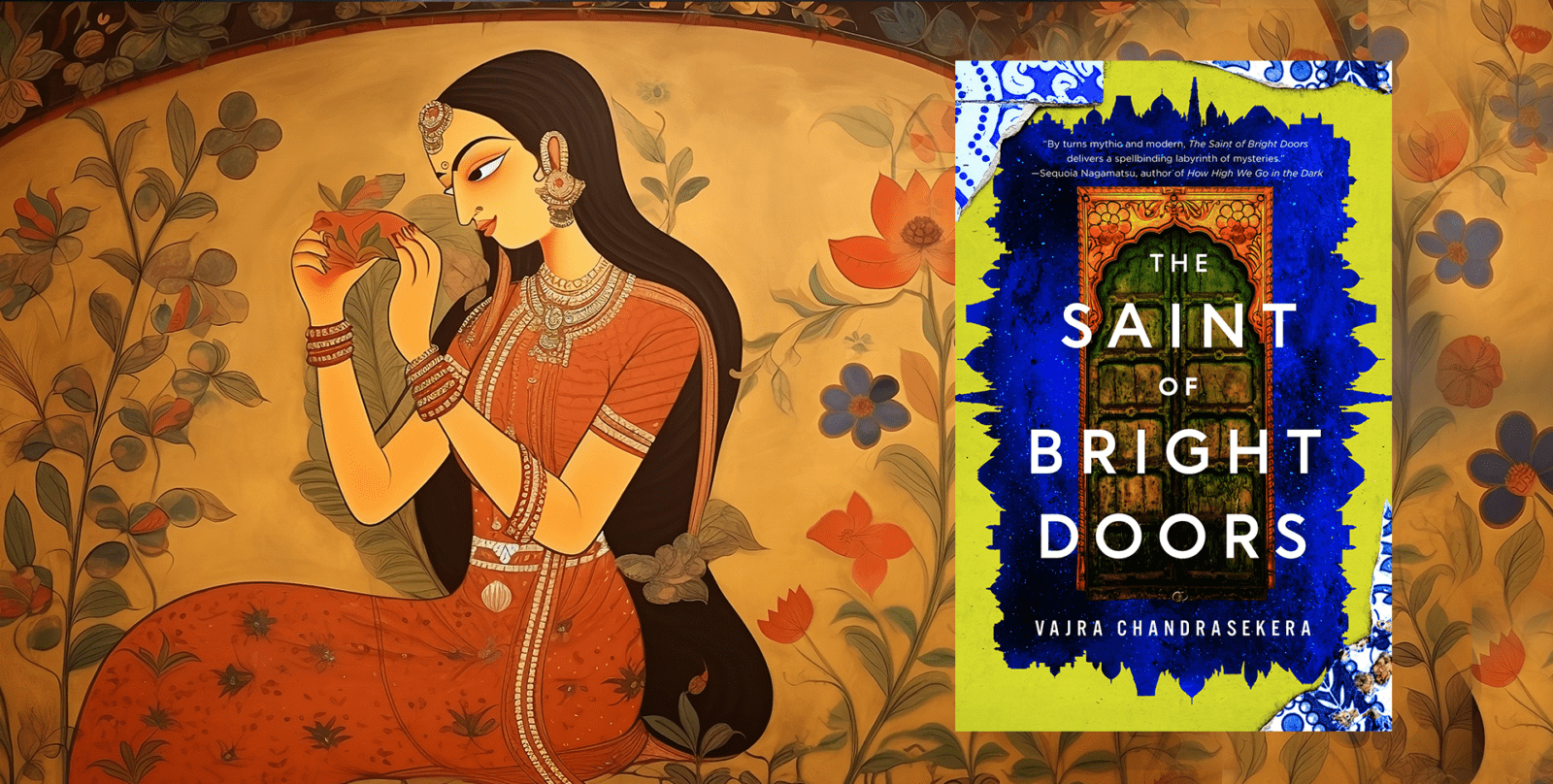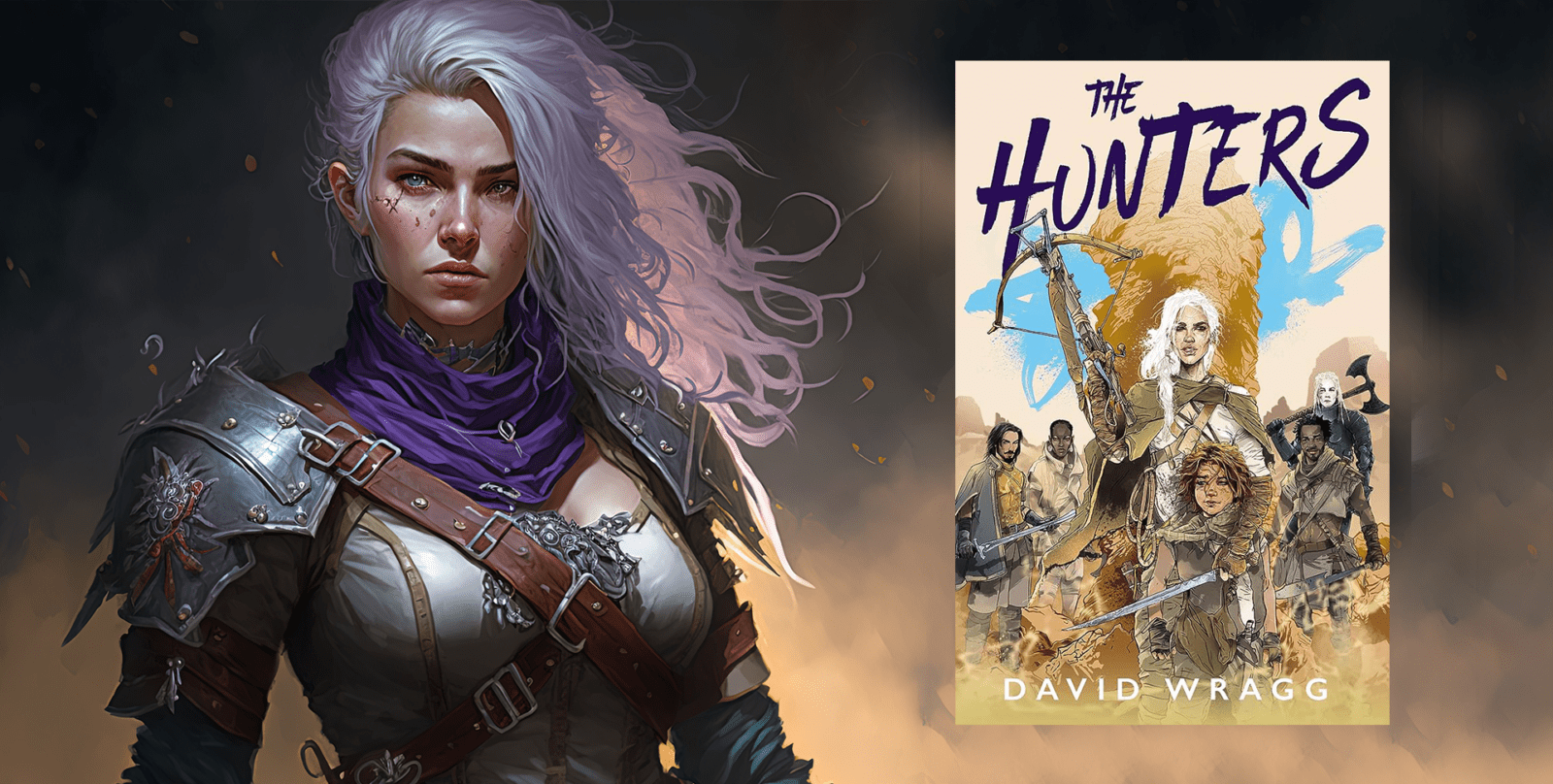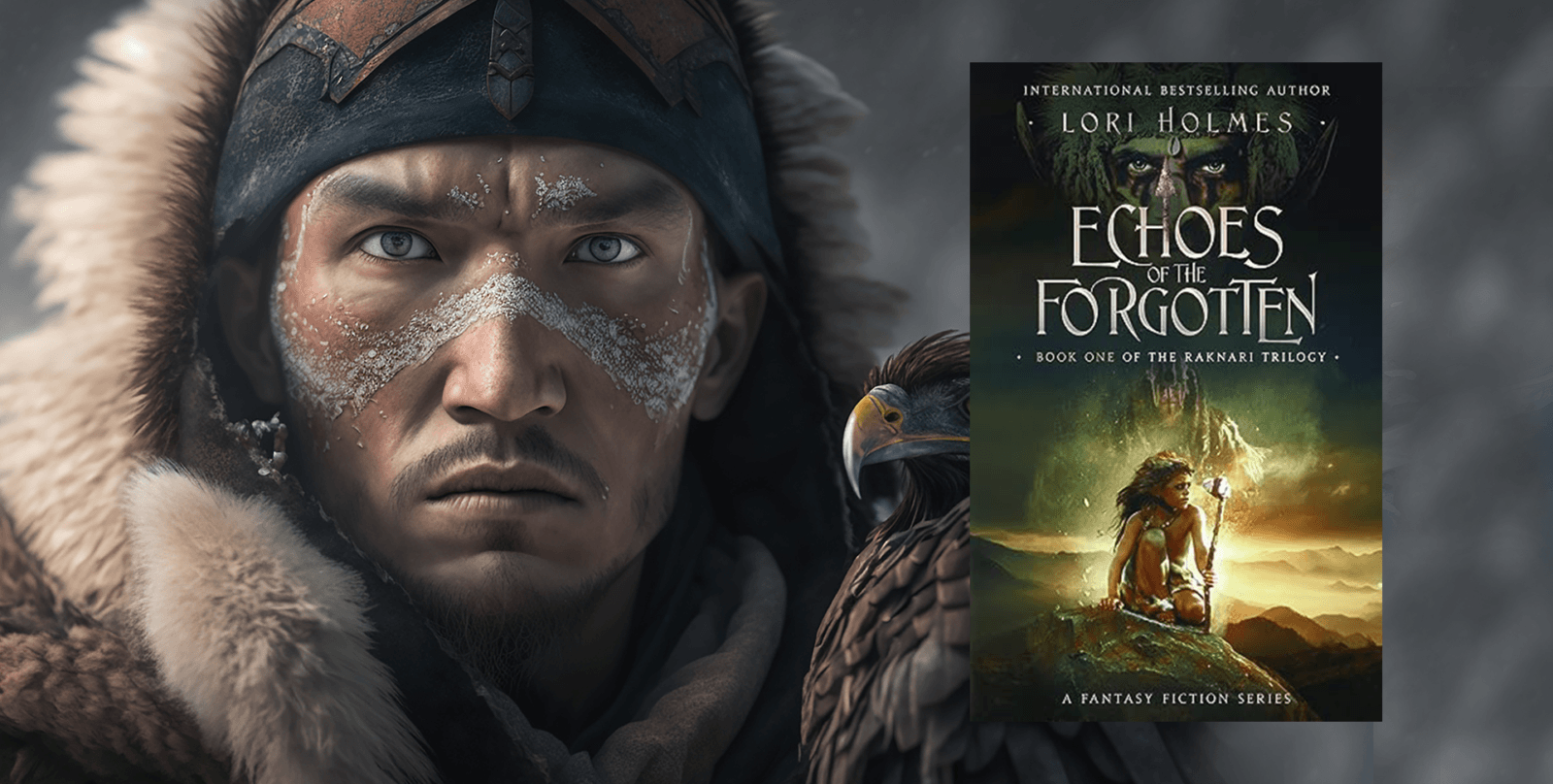Introduction:
Inanna is an impossibility, the first full Anunnaki born on Earth. Crowned the goddess of love by the twelve immortal Anunnaki who are worshipped across Sumer, she is destined for greatness.
But Inanna is born into a time of war. The Anunnaki have split into warring factions, threatening to tear the world apart. Forced into a marriage to negotiate a peace, she soon realises she has been placed in terrible danger.
Gilgamesh, a mortal human son of the Anunnaki, and notorious womaniser, finds himself captured and imprisoned by King Akka who seeks to distance himself and his people from the gods. Arrogant and selfish, Gilgamesh is given one final chance to prove himself.
Ninshubar, a powerful warrior woman, is cast out of her tribe after an act of kindness. Hunted by her own people, she escapes across the country, searching for acceptance and a new place in the world.
As their journeys push them closer together, and their fates intertwine, they come to realise that together, they may have the power to change to face of the world forever.
Review:
I was extremely excited when I was offered an advance copy of Inanna by Emily H. Wilson. The book blurb sounded really intriguing. As someone who has only skimmed through Sumerian mythology but never really delved into it I thought it was a great opportunity. However, I am sad to admit this book this book fell short of meeting my expectations. While I am always hesitant to critique the laborious efforts of a writer, I feel compelled to proceed with this review in order to fulfill my obligation of providing an honest opinion.
The quality of the writing in this book falls somewhere between mediocre and satisfactory. There were instances where the prose felt mechanical, lacking the natural flow that engages readers. Additionally, the dialogue seemed forced and out of sync with the overall narrative, disrupting the immersion of the story. Furthermore, the world-building aspect of the book was disappointingly lacking, leaving readers with a sense of incompleteness and a dearth of vividly crafted settings.
One significant flaw in this book lies in the lack of depth present in its characters, making it challenging for readers to form any meaningful attachment to them. The descriptions provided were detached and failed to convey a clear understanding of the characters’ true nature. Among the three perspectives presented, Inanna, the central figure after whom the book is named, appeared to be the weakest. While Gilgamesh and Ninshubar possessed compelling origin stories and personal conflicts that drove their narratives, Inanna’s character felt somewhat adrift, lacking a distinct identity or purpose within the story.
Another aspect of the book that proved challenging to accept was the extensive and explicit depiction of the recurring sex rituals, which occupied a substantial portion of the narrative. While I could have been more accepting of these scenes if they served a clear purpose within the story, unfortunately, that did not seem to be the case here. Additionally, the author failed to provide a satisfactory explanation regarding the biological relationship between Inanna’s mother and An. Although Inanna referred to Enki, the son of An, as her grandfather, (who author hints at sleeping together at one point) her parents also referred to An as their grandfather, creating confusion and detachment within the familial relationships depicted in the book. To say the least, the relationships portrayed in this book were peculiar and lacked a sense of cohesion.
My initial intention in approaching this book was to delve deep into the world of Sumerian mythology and immerse myself in its rich lore. However, instead of gaining a profound understanding of the subject matter, I was left with a predominant impression of excessive sexual encounters and promiscuity among the characters. This portrayal of the Sumerian culture as a collection of individuals driven solely by their carnal desires left me feeling immensely disappointed, as it overshadowed the opportunity to explore the mythology in a more comprehensive and meaningful manner.
I extend my sincere gratitude to NetGalley, Titan Books, and Emily H. Wilson for granting me the privilege of receiving this advance copy of Inanna.
Rating:

The Book Cover






